Scott AndersonJeremiah 20:7-13 † Psalm 69:7-18 † Romans 6:1-11 † Matthew 10:24-39 A video of this meditation can be found here. The Jeremiah text caught me this week. I’m sure it’s the moment, the week, the flood of events that have turned our hearts and our attention toward realities that have been in plain sight for centuries and yet less noticed by me, a white male with layers of privilege that buffer my experience. Perhaps you too. My mother never gave me “the talk.” There was no need. I remember, in fact, a night in Marietta Georgia while I was a seminary student. Barb and I were out with some friends—a professor of mine, actually and his wife. I was driving. It’s a blur almost 30 years ago now. I took a right, I think. And then flashing blue lights. Then that feeling in the pit of my stomach. We pulled over, and looking back now, it’s almost as if I was possessed. I was obstinate—I mean more than usual, if you can believe that! Rude even, to the officer. I don’t know why. I can’t even explain it. Even in the moment I had the feeling of floating outside of my body, watching myself, unable to control what I was saying. Perhaps I was embarrassed in front of these friends. There’s no excuse for it. Here’s the thing, though. The officer was professional. He responded in measured tones. The encounter ended, and we were on our way. Had a few factors been different, who knows what might have happened? A black mother knows. Many black mothers know all too well. I suspect, Jeremiah knows. …whenever I speak, I must cry out, I must shout, “Violence and destruction! You can hear his exhaustion. And his sense that he is hemmed in all around: O Lord, you have enticed me. Overpowered me. I’m a laughingstock. He wants to escape, yet something holds him. This fire within. This Spirit. This Word. Surely, we recognize the exasperation, the sense of futility, the lack of control, the lament and anger at everything that is wrong that must be spoken. We each are living it at some level, I suspect. But others more than us. And if we are to truly find our way, if we are to be well, we must listen to them. We must let suffering speak.
And let me pause for just a minute to encourage you to take about 7 minutes and a little courage to watch the video that we’ve linked here. Be forewarned. Screen it before you would watch it with a child. There’s some colorful language and intensity. More importantly, there’s a perspective that may be hard, and equally important to hear. I encourage you to seek it out if you haven’t already seen it, to listen to her. There’s a point, you see, when it all gets to be too much. I’m speaking not to my personal experience, but to what I understand my black and brown siblings to know. The rush of frustration, injustice. The sheer weight of it all. Violence destruction. Offense upon offense. The confluence of recent events surely factors in. Perhaps too, the Spirit of God. There comes a tipping point, you see. A moment when suddenly, finally, the world is paying attention, and the possibility of foundational change is real. King referred to these as moments of “creative tension”[i] and he understood they could be curated—constructed through non-violent resistance and disruption that resulted in the laying bare of what is, in calmer times, more easily ignored. They needed to be shaped, magnified if real change was to happen. President Johnson understood too. LBJ worked intimately with King, telling him he needed the citizen’s movement and the tension their non-violent resistance created.
He saw King’s creative tension—marching to Selma, bus boycotts, protest as an essential ingredient to the passage of three landmark civil rights bills—the Civil Rights Act of 1964, the Voting Rights Act of 1965, and the Immigration Reform Act of 1965. And King’s teacher was no less than Jesus himself who we find today in something of a mishmashed collection of teachings that might cause more trouble than they resolve. It speaks of hell and how Jesus comes to bring not peace, but a sword. Much like this moment itself, it is disorienting and unsettling taken all together.
But let’s just finish by looking at one small phrase. Jesus invites those who would dare follow him to proclaim from the rooftops what he whispers in the dark. There is in this image the notion that Good News begins in the dark. It begins with a hint, a whisper. And it becomes a fire poured out on all flesh. Isn’t this what we are seeing in this moment as people of all colors fill the streets calling out for something better? And imagine legislation and new systems that promise change from the ground up, a possibility for righting what has been so obviously wrong for so long? Do not be afraid, Jesus tells his disciples. And perhaps our black and brown siblings whose bodies are continually threatened, who have been scapegoated and used for more than 400 years in the United States are taking some comfort in this. I hope so. But it will be a cold comfort if we who are white fail to do our part. “Race as we know it in the US is closely integrated with our economic system,” Ijeoma Oluo reminds us in So You Want to Talk About Race. The system of racism functioned primarily as a justification for the barbaric act of chattel slavery and the genocide of Indigenous peoples… And later, the function of racism was somewhat repurposed as a way of dividing lower classes, still with the ultimate goal of the economic and political supremacy of white elites.[ii] White supremacy is built into our politics, our education system, our infrastructure. It is the nation’s oldest pyramid scheme, Oluo suggests. It is, in other words, a lie that does not deliver on what it promises. And that is important, I think, because those of us who think we benefit from it, end up being ruled by fear as we consider what we will lose as we learn to live without the levers of control we have been so accustomed to. And Jesus says, “Do not be afraid.” What I have in mind for you is so much bigger and livelier. It is justice that gives way to true peace. And so, beloved church, we can look to one another and say, “have courage.” Courage to look deeply at the lies we too have been told of what makes for life. Courage to learn, to listen to the voices of suffering and pain. Courage to look deeply into our own lives and our own fears and face them, knowing that the Kingdom, the governance that Jesus proclaimed for all will save us as well. Thanks be to God. Notes: [i] Originally from Martin Luther King, Jr.’s “Letter From a Birmingham Jail” per the podcast “Creative Tension” with Elliott Robinson. Retrieved on June 18, 2020 from https://creativetension.org/about. [ii] Oluo, Ijeoma. So You Want to Talk About Race (p. 11). Basic Books. Kindle Edition.
0 Comments
Leave a Reply. |
St. Andrew SermonsCategories
All
|
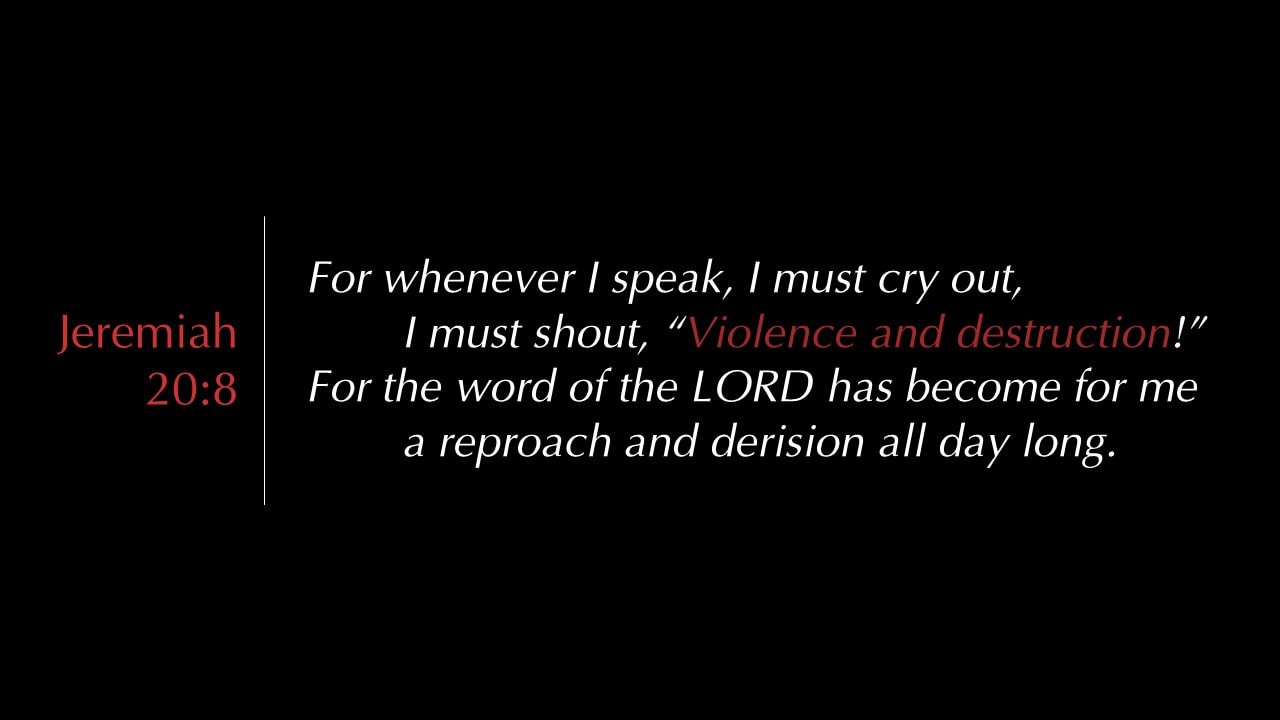
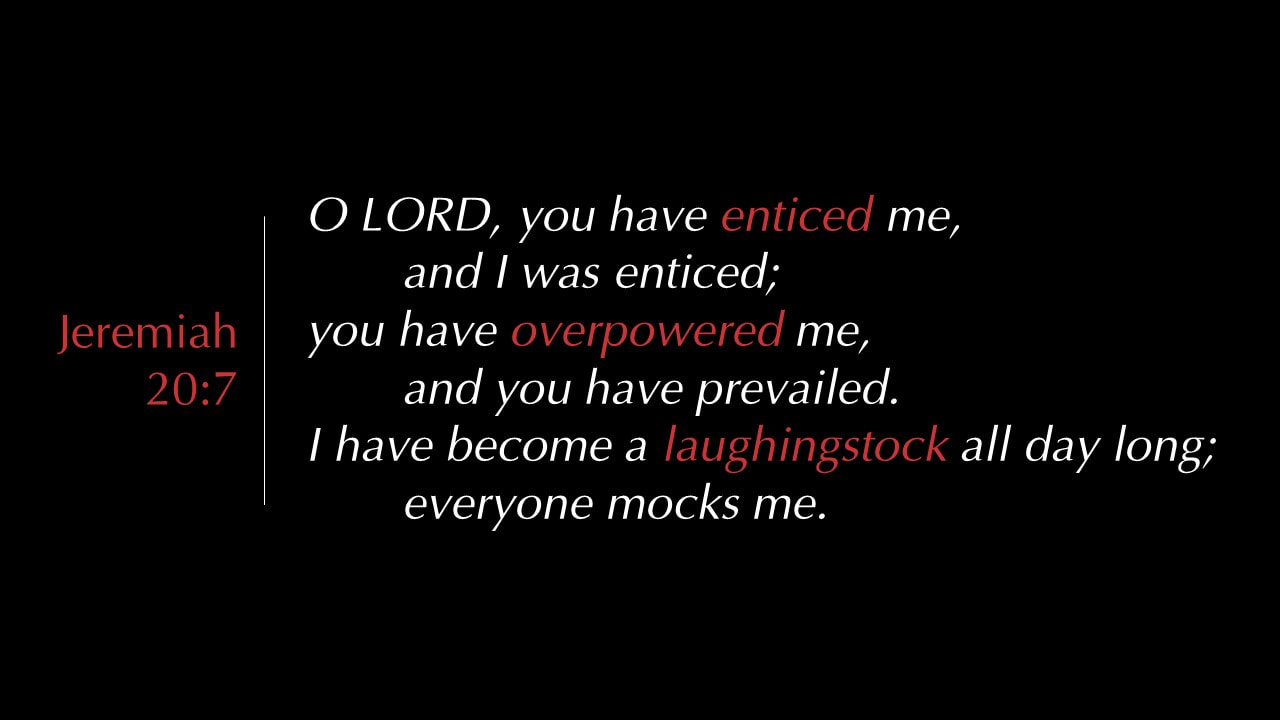
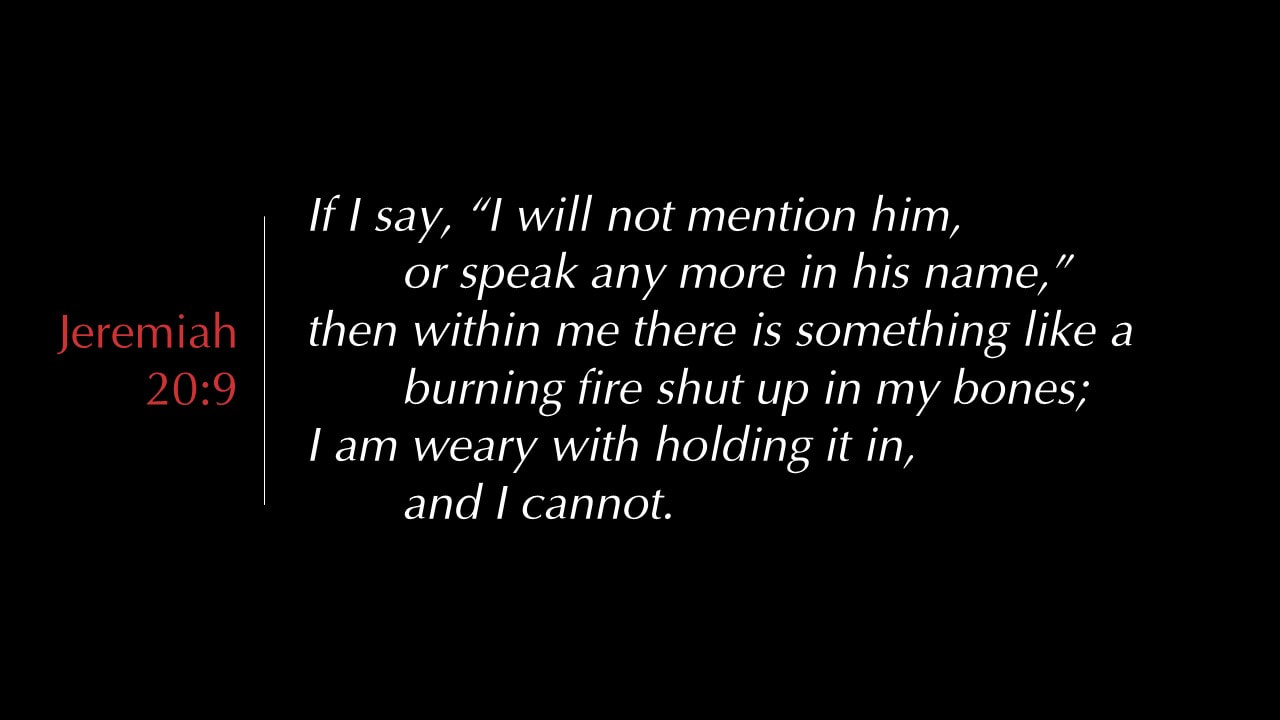
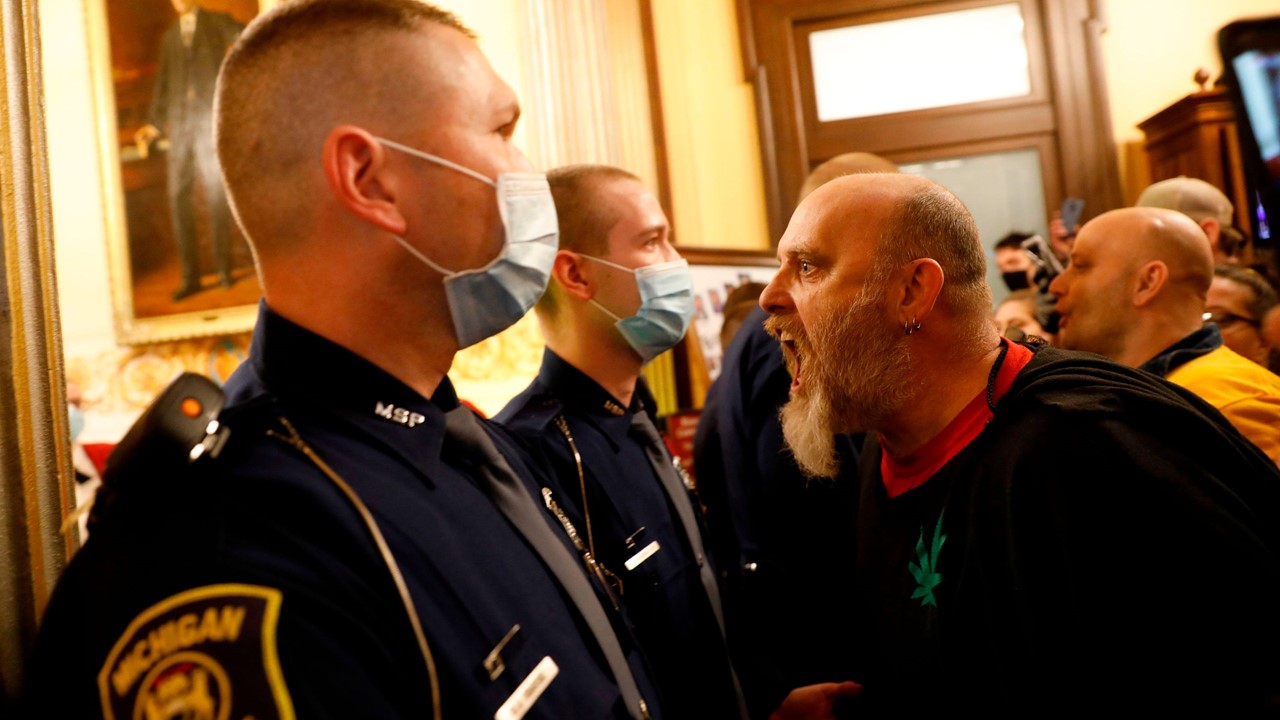
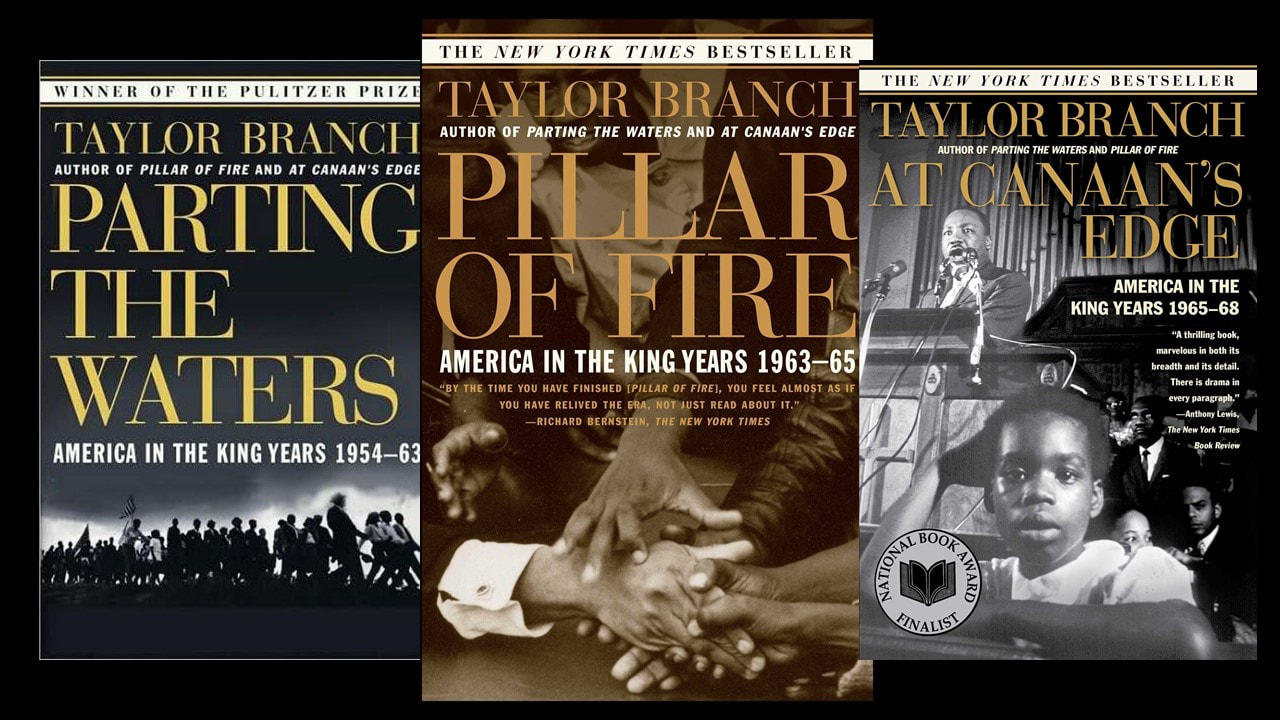
 RSS Feed
RSS Feed